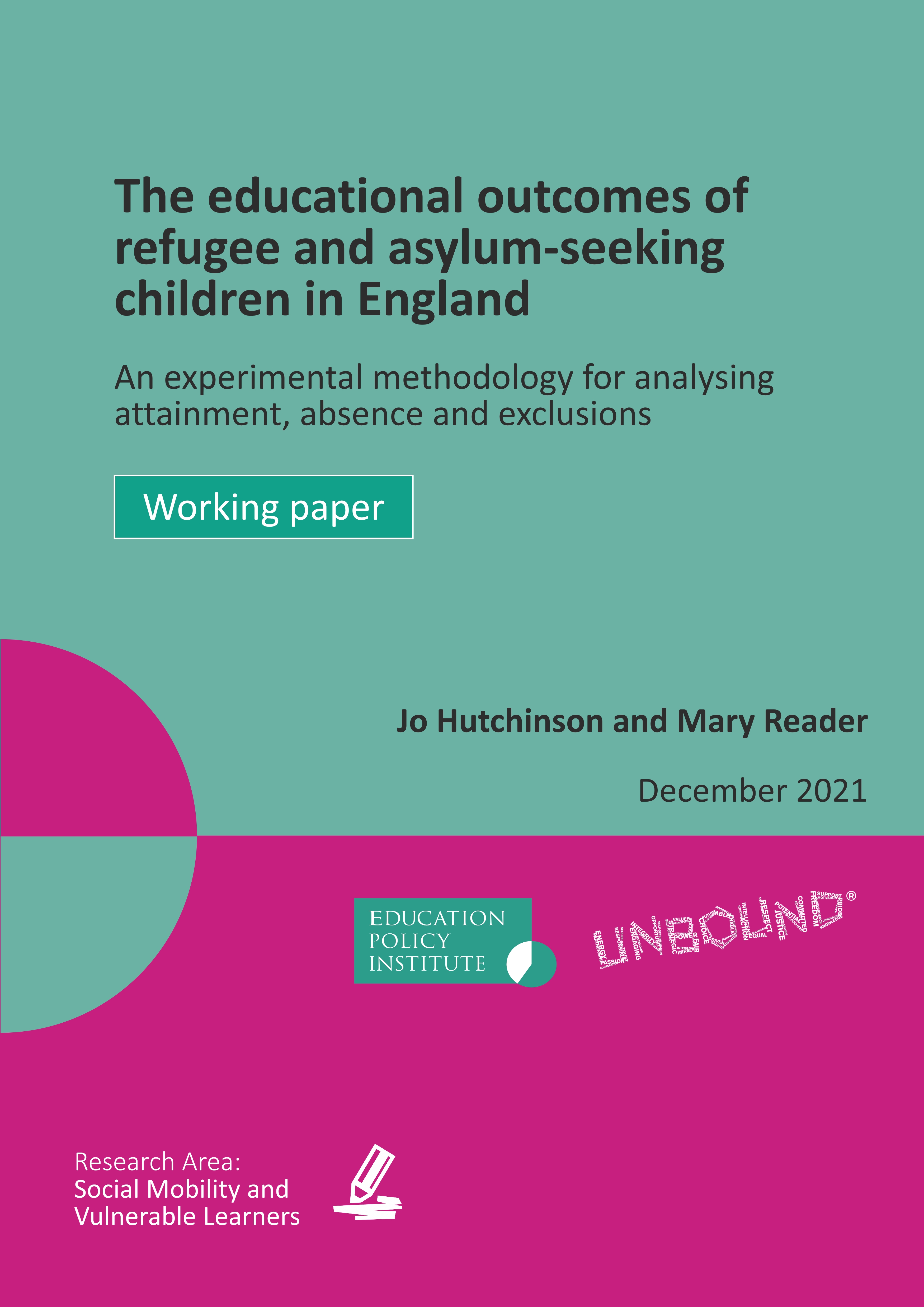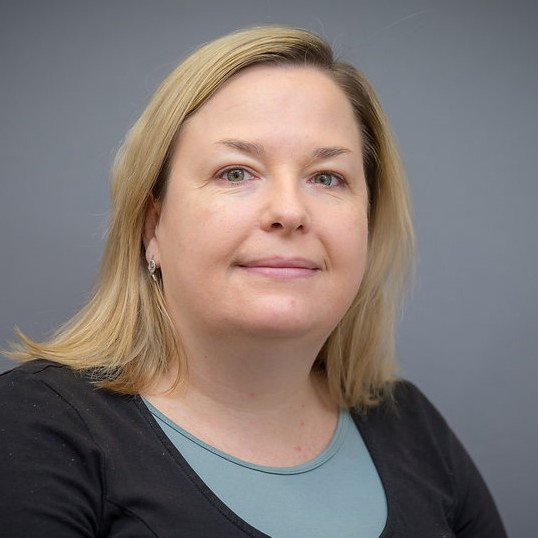New research from the Education Policy Institute, supported by Unbound Philanthropy, finds that asylum-seeking children who enter the UK separated from their parents are on average over three years behind non-migrant children at school by the time they take their GCSEs.
The new EPI working paper, which is the first study to examine the educational outcomes of the majority of asylum-seeking and refugee pupils in England, estimates their school attainment and considers absence and exclusion rates.
To date, little has been known about the outcomes of unaccompanied asylum-seeking children, resettled refugees or asylum support children who enter the English school system, as the government does not record the progress of these pupils.
To estimate the educational outcomes of this highly vulnerable pupil group, many of whom have experienced acute trauma, researchers at EPI developed a methodology that combines administrative datasets with national statistics and data obtained through freedom of information requests to the Home Office.
The considerable gap in attainment between unaccompanied asylum-seeking pupils and non-migrant children of 37.4 months is estimated by researchers to be similar in size to the gap for pupils with special needs and disabilities who have the most severe needs.
The new report also reveals that unaccompanied asylum-seeking children experience higher rates of fixed period school exclusions (7.1%) than non-migrant children (5.2%), as well as slightly higher school absence rates of 6.8% compared to 6.6% for non-migrant children.
In contrast to unaccompanied children, resettled refugee children and asylum-seeking children living with family members in receipt of financial support from the government, are estimated to experience a much smaller school attainment gap on average, but one that is still substantial – trailing their non-migrant peers by around a year and a half (17.3 months) at GCSE.
Resettled refugee and asylum support recipient children are however estimated to have higher school attendance rates than non-migrant children, with 5% school absence rates compared to the 6.6% for non-migrant children. Such pupils also have a lower-than-average fixed period exclusion rate, at 4.4% compared to the non-migrant average of 5.2%.
The full report can be accessed here.
Key findings
The school attainment of refugee and asylum-seeking children
- Unaccompanied asylum-seeking children (UASC) in England in 2016/17 were on average 37.4 months behind non-migrant children across all GCSE subjects. This attainment gap is similar in size to the gap experienced by children with special educational needs and disabilities (SEND) with the most severe needs (those in receipt of an Education, Health and Care Plan).
- Children who fall into the group of resettled refugee or asylum-seeker in receipt of support were estimated to be 17.3 months behind non-migrant children across all GCSE subjects. Refugee and asylum-support children are estimated to be similarly educationally vulnerable to children in the care system with Child Protection Plans, or those who were persistently disadvantaged over the course of their school life.
The school absence and exclusion rates of refugee and asylum-seeking children
- School absence rates for UASC pupils in Year 11 in 2017 were on average 6.8%, compared with a 6.6% average for non-migrant children. In contrast, resettled refugee or asylum support children in Year 11 were estimated to be absent for 5% of their time in school, compared to 6.6% for non-migrant children.
- UASC experience higher rates (7.1%) of fixed period exclusions than the non-migrant population (5.2%), while resettled refugee or asylum support children are estimated to be less likely to experience a fixed period exclusion (4.4%).
- The picture is slightly different for permanent exclusions: UASC have extremely low (near zero) levels of permanent exclusion, and resettled refugee or asylum support children have an estimated permanent exclusion rate of 0.04%, which was lower than the 0.11% for non-migrant children.
This report was funded by Unbound.
Unbound Philanthropy is an independent private grant-making foundation that invests in leaders and organisations in the US and UK working to build a vibrant, welcoming society and just immigration system.



